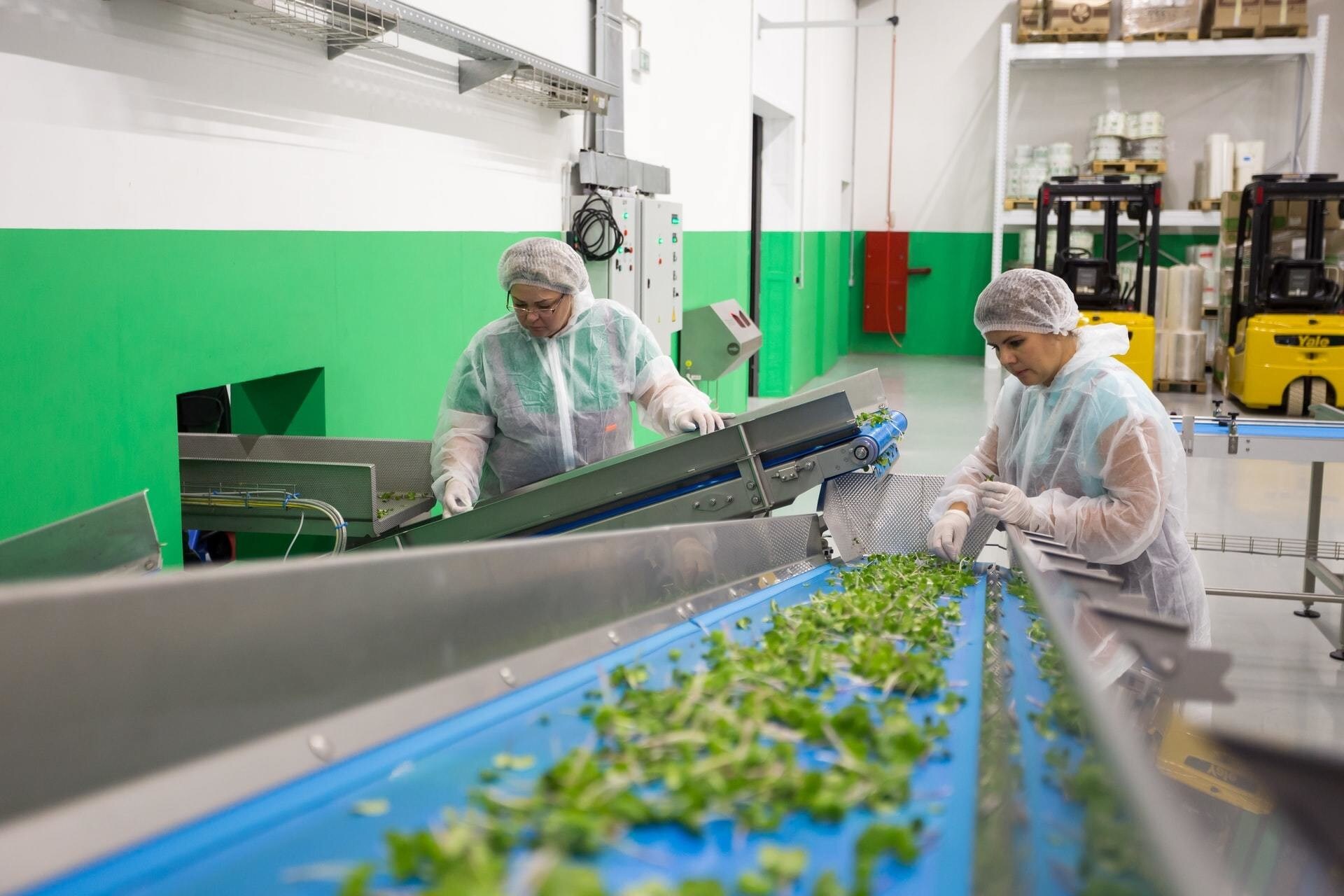
How to build a circular business model that works
Demand for circularity continues to grow. Companies that take small steps now to build circular business models and traceability capabilities will be in prime position.
Francisco Betti is a Member of the Executive Committee and heads the Global Industries Team of the Forum, which brings together 20+ industry communities to help companies and sectors anticipate current and future trends and accelerate the responsible transformation industries. Before this role, Francisco lead the Forum's Centre for Shaping the Future of Advanced Manufacturing and Supply Chains. The Centre has been helping global leaders form business, government, academia, and civil society anticipate the impact of Fourth Industrial Revolution technologies on manufacturing and supply networks. Leaders engaged in the Centre have been setting and driving the global manufacturing agenda and incubating new pilots and partnerships to ensure a more productive, sustainable, and inclusive future of production. Prior to joining the World Economic Forum, Francisco worked for PricewaterhouseCoopers SA in Geneva, Switzerland, primarily on management consulting assignments for international organizations.

Demand for circularity continues to grow. Companies that take small steps now to build circular business models and traceability capabilities will be in prime position.

気候科学者や市民社会は行動を起こすよう繰り返し訴えていますが、日々報告されるデータを見ても、現在の公約では気候危機を食い止めるのに十分ではありません。産業界は苦境にあり、気温上昇を1.5℃に抑えてCOP26で設定された最新目標を達成するためには、企業は今すぐ行動を起こす必要があるのです。

The future of manufacturing in the age of the Fourth Industrial Revolution (4IR) is not just about technology innovation, it's also about developing people.
Why companies around the globe are making traceability a priority of their operational capabilities and how this can build a more sustainable industry.
新型コロナウイルスの感染拡大は、製造業とサプライチェーンにかつてないほどの混乱をもたらしました。しかし、パンデミック以前からその兆しは見られており、主に、第四次産業革命、気候変動、グローバリゼーションの再構築という幅広い3つのトレンドがそれを後押ししていました。
Fourth industrial revolution technologies can help to make supply chains more resilient and reduce waste and emissions. Investing in them now is a must.
The Global Lighthouse Network is a World Economic Forum initiative in collaboration with McKinsey & Company, helping to revolutionize sustainable manufacturing.
Responsible and social sourcing can help ensure that value chains are more inclusive, diversified and resilient.
世界がパンデミック(世界的大流行)からの立て直しを図る中、産業界は世界経済の回復の中心的な柱となる絶好の機会を得ています。その実現には何が必要なのでしょうか。世界的な景気後退の中、第2四半期の世界の製造業の生産高は11.1%減少し、下半期にはってようやくある程度回復しました。
COVID-19 has revealed the critical role supply chain and operations leaders have in maintaining organizational stability and why they'd make great CEOs.
Open, interoperable standards for automation tools in industry can drive recovery.
Stakeholders are demanding sustainable supply chains - cross-sector collaboration is key to making the 'digital thread' of traceability standard practice.
COVID-19 has shown just how critical the manufacturing and production sectors are. Here's how to ensure they are resilient and sustainable in the future.
Companies are making supply chains more resilient by increasing transparency, which will in turn help them move towards a circular economy.
Les entreprises explorent des moyens créatifs pour relancer les chaînes d'approvisionnement mondiales.











